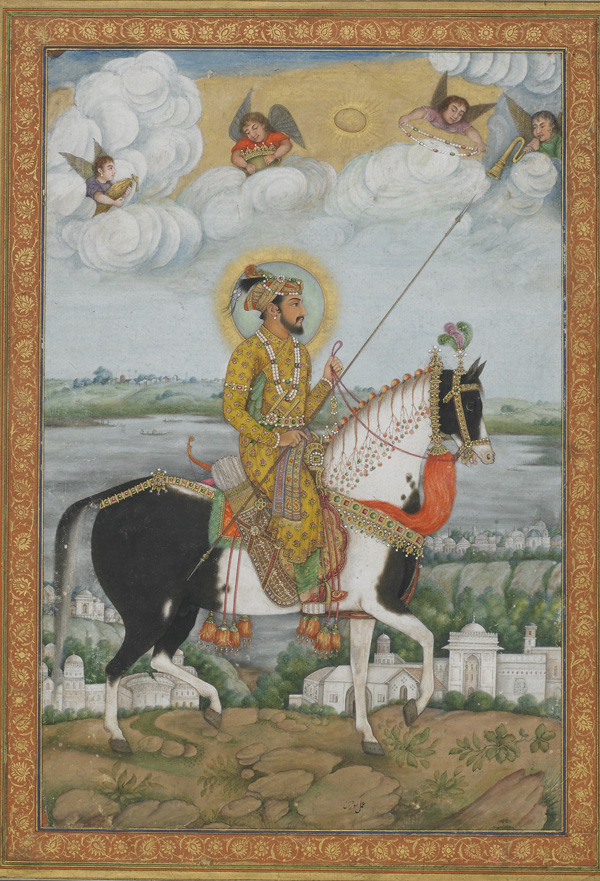
Continuing the conversation on how the wars in Iraq and Syria are weakening the borders of the Middle East, another look at whether this is the end of Sykes-Pincot, or are we just witnessing a new shift towards weak and quasi-states? Is the Islamic State of Iraq and the Levant an organized crime group, a jihadist terrorist organization, a de facto state, or all three at once? How does chaotic criminal and militant activities in the absence of state authority contribute to these dynamics? (Via Daveed Gartenstein-Ross.)
As the killing continues the ranks of Syria’s war widows grows, leaving widowed women traumatized and often impoverished and under pressure to remarry.
A 22 year old, who blew himself up in Syria last month, is believed to be the first American suicide bomber in that conflict. On the subject of youth and violence in Syria, the massive mental health crisis precipitated by the war, often among the very young.
As peace talks with rebel group FARC continue under the uncertainty of a presidential election, did Colombia’s US-aided war on drugs succeed?
Questioning how long Afghanistan will remain under a spotlight of international attention once more and more international troops leave. India looks to fill the void, to Pakistan’s chagrin.
With the looming end of the ISAF’s mission in Afghanistan will NATO interoperability diminish, or will NATO’s prospective turn eastward maintain the incentive to keep the alliance working effectively?
The twenty fifth anniversary of the brutal crushing of the Tiananmen Square demonstrations, which Chinese youth are largely ignorant of today.








1 comment